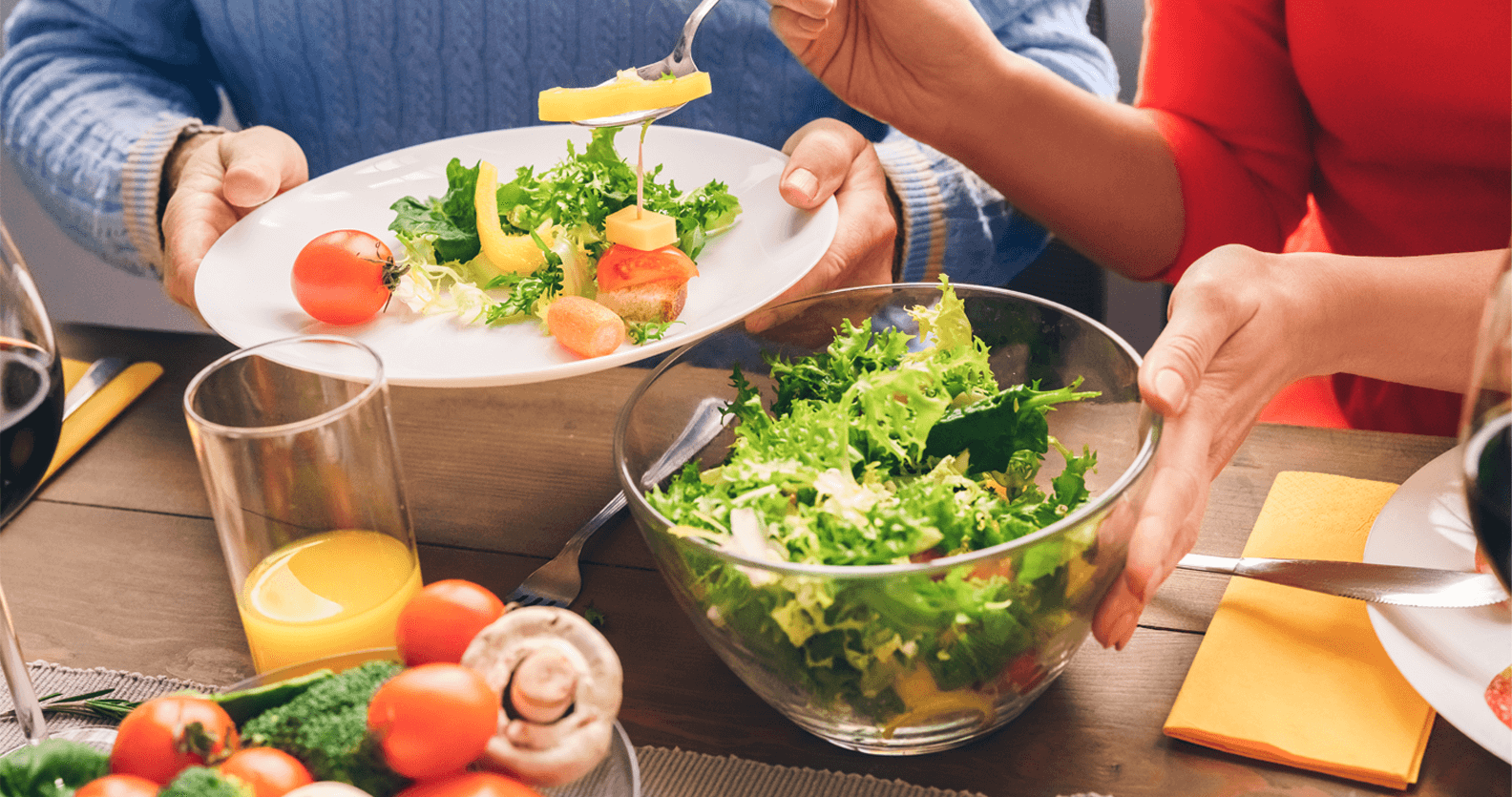5 Dietitian Tips for Eating and Staying Healthy While Travelling
Holidays are a great time to disconnect from everyday life, relax and treat yourself. But, it doesn’t mean your diet should go on vacation mode as well. Eating healthy when travelling can definitely be challenging. Between the airport kiosks and fast-food chains, your options tend to be limited, making it tricky to choose healthy meals and snacks. Not to mention that one of the best parts of travelling is the food, so keep in mind that the occasional splurge isn’t going to be detrimental to your overall diet. However, if you're constantly going overboard at the all-you-can-eat buffet and having a few too many sugary beverages, it may leave you feeling a little sluggish and bloated. So, to make sure you feel your best and have plenty of energy for all the fun memorable activities check out these tips for eating and staying healthy while away from home.
Plan ahead
If you know you have a full day of travel weather in the air or on land, make sure to pack plenty of healthy, shelf-stable snacks to last until you make it to your final destination. Items such as nuts, pre-portioned nut butters, popcorn, tuna or chicken salad snack kits, dried fruit, fresh fruit like bananas, apples, oranges, roasted chickpeas, and Protein bars are great options and are super portable.
If you can pack a cooler or small lunch box, sandwiches, pre-cut fruits and veggies, hard-boiled eggs and colorful grain salads make for wonderful travel companions. Bringing your own food will help keep your hunger at bay, so you're less likely to make a greasy fast food pit stop and it will save you some cash you can put towards all the fun adventures you have planned.
Make smart choices
When eating out, whether on vacation or at home, choosing items that are grilled, steamed, broiled, or baked instead of fried or sautéed is a healthier option. However when on vacation we tend to want to indulge a little. So consider having lunch instead of dinner as your splurge meal. Lunch menus tend to have lower prices, and slightly smaller portions than the same dishes you find on the dinner menu. And if you're still not sure what to choose as a healthy option try to follow this simple meal planning advice. Make ½ your plate veggies, ¼ starch and ¼ protein. It is an easy no-brainer way to ensure you're getting a balanced meal.
Don't skip meals
Let's be real - the holidays are busy! Usually, the intent is to relax, but most of the time (especially when travelling with the family) it is go go go. So, to make sure you have enough energy for your daily adventures, don't skip meals, especially breakfast. To put some savings back in your bank account, try to book at places that offer free or discounted breakfast for guests. Most of the time they have fruit, yogurt, eggs and wheat toast, or oatmeal. Steer clear of the donuts and sugary breakfast treats as they can make you sluggish and moody.
Stay hydrated
While travelling, it can be difficult to stay hydrated but it is definitely an important healthy habit to maintain. An easy way to stay hydrated is to take a refillable water bottle with you. It is better for the environment and much cheaper than buying a plastic bottle at the petrol station or airport.
It is also important to try and avoid processed foods since they tend to be high in salt and added sugars. While an ice-cold cola with a bag of crisps may sound like a yummy splurge, a high intake of salt and sugar can actually trigger dehydration by causing the cells in the body to transfer more water and increase urination. The same holds true for caffeinated beverages and alcohol. So, instead opt for foods such as fruits and vegetables like watermelon, pineapple, cucumber, and oranges. And if you want something a little more exciting than water, try coconut water. It is full of potassium, which helps your body stay hydrated.
Keep food safety in mind
When travelling, one of the best parts is getting to indulge your inner foodie by experiencing new foods and cultural traditions. However, coming down with a case of food poisoning can derail your fun and the nearest restroom or local hospital may be the only site seeing you get done. In fact, the World Health Organization or WHO estimates that 2 million people die each year from contaminated food or drinking water. Risks range from mild traveller's diarrhea to more serious diseases such as Hepatitis A or typhoid as well as harmful bacterial infections and viruses.
So, to ensure you don't fall victim to food poisoning, always err on the side of caution and avoid raw or undercooked meat, fish, seafood, and eggs. While it may be tempting, food from street vendors and roadside stands should be eaten with caution. If you choose to eat these foods make sure you are buying them piping hot fresh from the grill or oven and avoid food that has been left at room temperature or has been exposed to flies to ensure your safety. Also, if you are travelling to a country or city that does not have safe drinking water, leave your refillable water bottles and choose drinks from unopened, factory-sealed cans or bottles. Most importantly make sure to practice proper hand hygiene by washing frequently and using hand sanitizer.
Safe travels!

